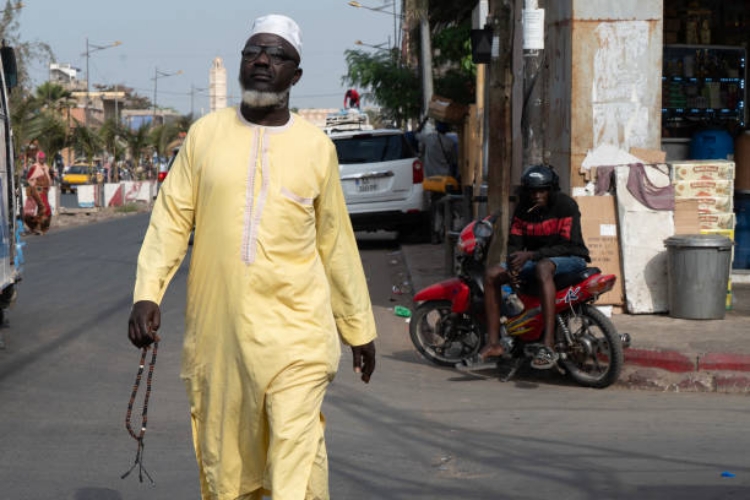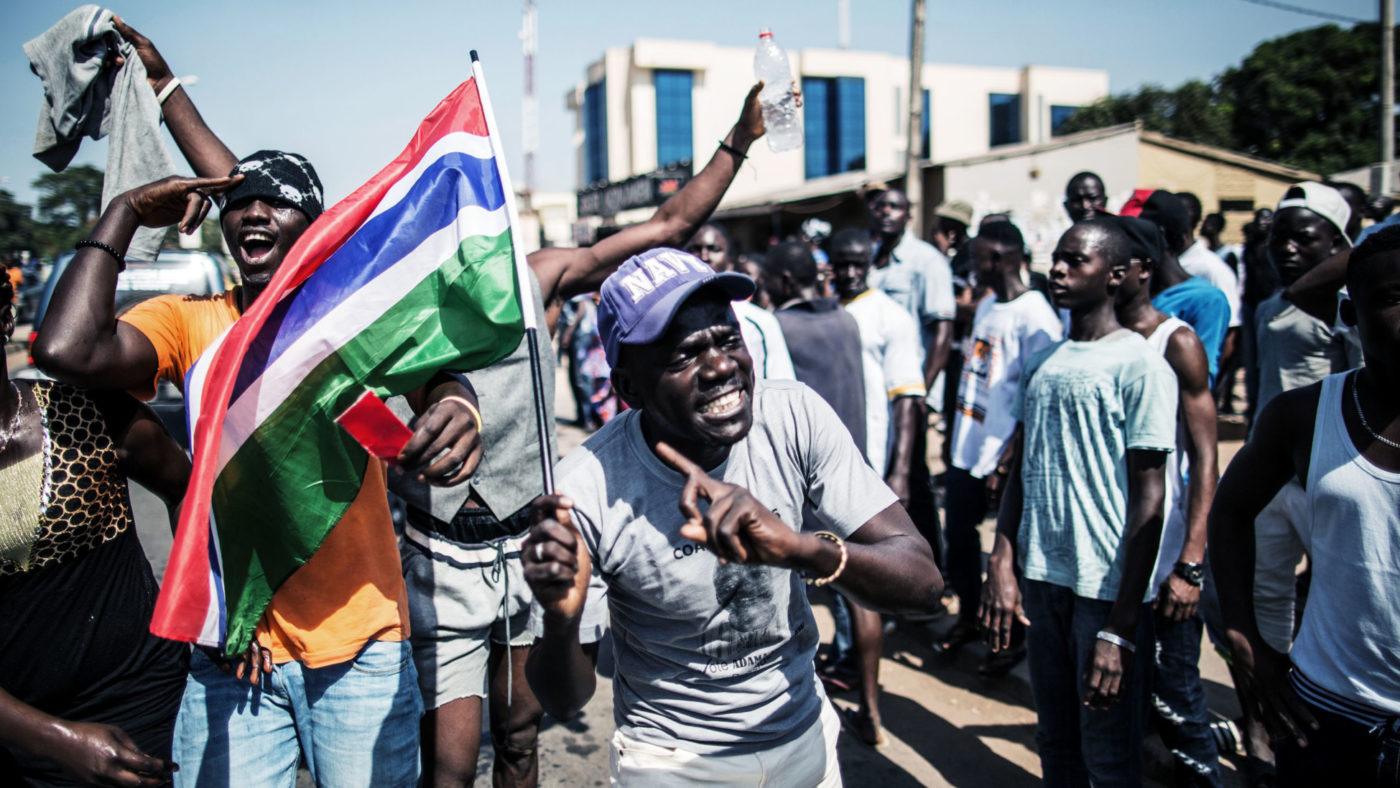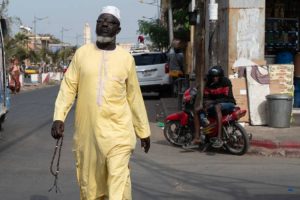Gambiaj.com – (BANJUL, The Gambia) – In recent years and months, The Gambia has witnessed an unsettling political drama that has further compounded the suffering of its citizens. The repetitive discord between President Adama Barrow and opposition leader Ousainou Darboe has reached a fever pitch, resulting in a fervor of accusations, recriminations, and political bickering. While such disputes might seem like typical political fare, the real tragedy lies in how they distract Gambians from pressing issues that demand urgent attention and action.
To understand the gravity of the situation, we must first consider the promises and expectations that arose from the coalition government of 2016 and the betrayals or shortcomings that followed, haunting us now and into the future.
The Gambian people, hopeful for a new era of transparency and progress, were betrayed when the very leaders they trusted faltered. The shared dream of reform, which initially united these leaders, has now fractured into a spectacle of blame and political infighting.
However, the true cost of this political discord is borne by everyday Gambians who grapple with the harsh realities of life. Housing remains unaffordable for many, with skyrocketing prices that far outstrip the average income.
The high cost of food, essential for survival, is causing great distress among families struggling to make ends meet. Similarly, education and healthcare—critical sectors for national development—are becoming increasingly inaccessible due to their prohibitive costs.
Adding to this dire situation is the escalation of crime and drug abuse, which not only undermines community safety but also hampers economic development.
Inflation and a runaway foreign exchange mess continue to erode purchasing power, leaving citizens in a perpetual struggle to maintain their standard of living. The “backway syndrome,” where individuals risk dangerous journeys in search of better opportunities abroad, is a testament to the failure of the current leadership to provide a hopeful future at home.
In the face of these crises, the quarrels between Barrow and Darboe serve as dangerous distractions. It is crucial for Gambians to recognize this for what it is: a tactical diversion from the real issues that need addressing.
The energy and resources consumed by these political battles could be better spent on developing concrete solutions to the country’s pressing problems.
Gambians must resist the allure of political drama and focus on the tangible improvements needed in their daily lives. The governance challenges are real, and the solutions lie not in political squabbles but in coherent, focused action on critical issues.
It is imperative for both citizens and leaders to engage in meaningful dialogue about how to tackle the economic and social challenges facing the country.
Instead of being drawn into the theater of blame and recrimination, Gambians should advocate for a government that prioritizes the welfare of its people, with core policies that address the cost of living, improve public services, and promote safety and stability.
The political elite must also be held accountable for their role in either perpetuating or alleviating these issues.
As we navigate these turbulent times, it is essential for the Gambian people to remain vigilant and proactive. Political leaders must remember that their primary duty is to serve the nation, not to engage in divisive conflicts.
For citizens, the focus must remain on demanding and working towards a government that delivers on its promises and genuinely addresses the needs of the people.
In conclusion, as we witnessed recent turbulence in Senegal, Kenya, Uganda, and Nigeria, The Gambia stands at a critical juncture. The path forward requires moving beyond the superficial allure of political drama and confronting real issues with determination and unity.
Only by holding leaders accountable and insisting on substantive progress can The Gambia hope to overcome the challenges it faces and build a future that truly reflects the aspirations of its people.










